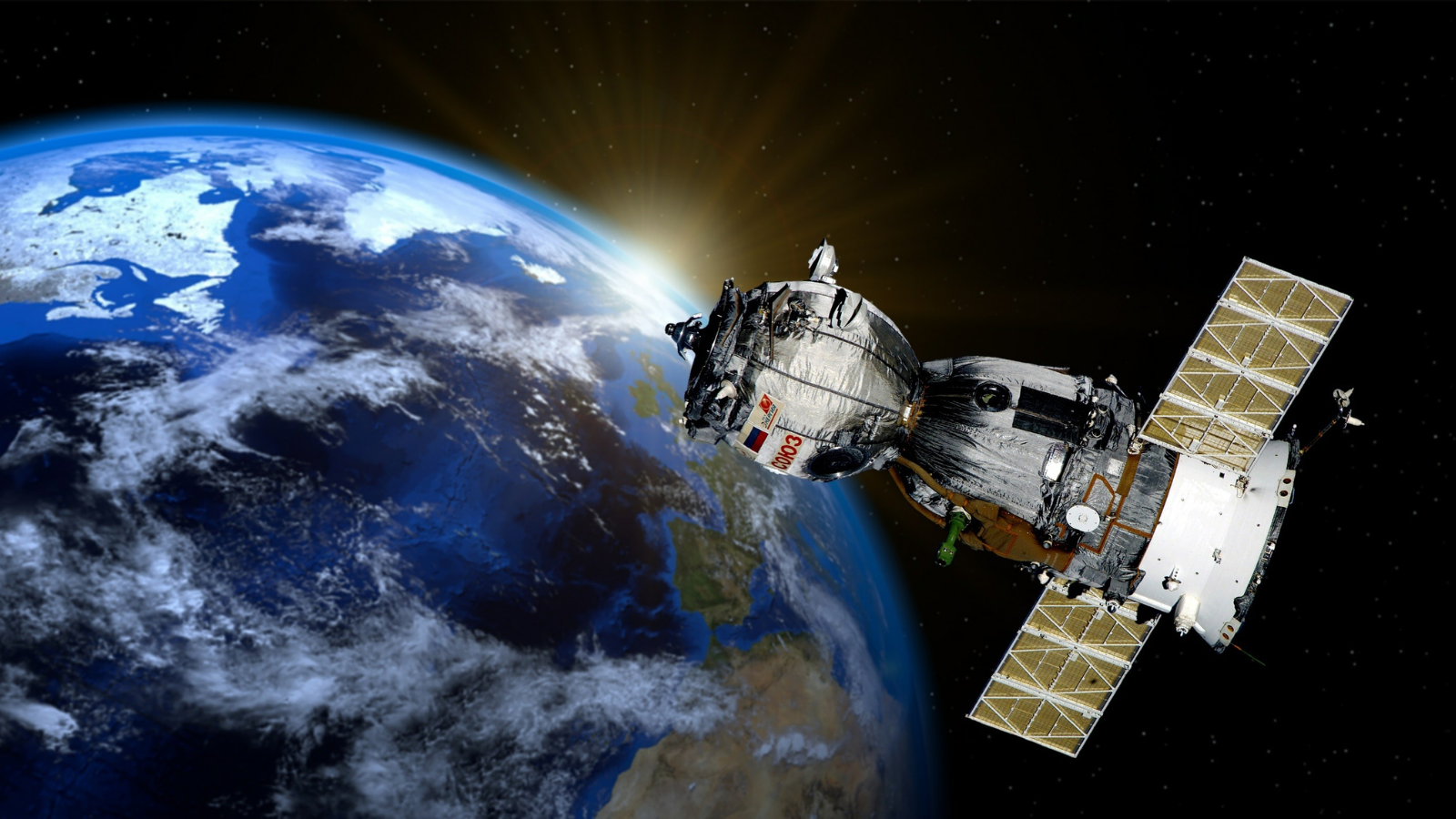A Post-Pandemic Aerospace Landscape is Filled with Challenges, Recovery, and Capital Investment
In 2020, the aerospace industry faced a significant upheaval due to the COVID-19 pandemic, resulting in a sharp decline in travel demand, plummeting aircraft orders, and a major impact on aerospace suppliers. While the industry is now in a phase of recovery, challenges remain. The demand for new aircraft is growing, but suppliers need to navigate complex supply chains, address labor shortages, and invest in technology and supply chain transparency. Access to new capital is crucial for suppliers, and strategic deployment of this capital will be essential for their success in a post-pandemic aerospace landscape. Investors in the sector should be prepared for continued volatility until at least 2025.
Intuitive Machines, a Texas-based aerospace company, kicked off its maiden moon mission dubbed IM-1, potentially marking the first U.S. lunar landing in over 50 years.
SpaceX achieved a significant milestone by successfully transmitting text messages via its Starlink satellites using T-Mobile's network.
In a major development for the aerospace industry, United Launch Alliance successfully launched its inaugural Vulcan rocket from Cape Canaveral, Florida.
The European Space Agency (ESA) is launching a competition to develop a robotic cargo capsule for missions to the International Space Station (ISS).
Keith Lambert, the owner of Oxidizers, an oxidation and mechanical services company, became an accredited Minority Business Enterprise (MBE) five years ago.
NASA's OSIRIS-REx mission is set to deliver the agency's first asteroid sample collected in space to Earth on September 24, 2023.
Opposition to lithium mining in Nevada's desert comes not only from environmentalists and tribal leaders but also from an unexpected source: space.
Virgin Orbit is a subsidiary of the Virgin Group that offers launch services for small satellites through a unique air-launch system.
The Air Force Research Laboratory (AFRL) is a research and development organization within the United States Air Force.
Step aside, NASA - Elon Musk is ready to take the reins.
It’s time to send commercial vehicles into space - that’s what two major companies are saying, anyway.













A Japanese solid-fuel rocket, Kairos, faced a major setback during its inaugural launch as it exploded just seconds after liftoff.